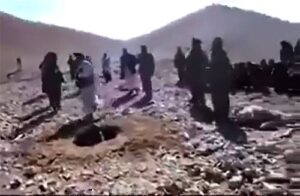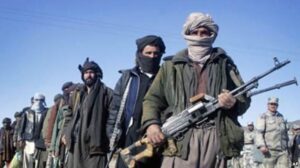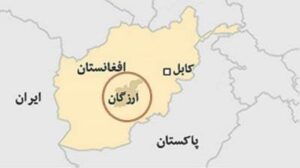KABUL (SW): Afghanistan on Saturday bagged a deal worth $ 275 million with the Asian Development Bank to lift the infrastructure for energy sector in the country.
The Asian Development Bank (ADB) and the Government of Afghanistan signed the grant and project agreements to strengthen Afghanistan-Turkmenistan power interconnection which will improve energy supplies in country.
The agreements were signed by ADB’s Country Director for Afghanistan Thomas Panella and Finance Minister Eklil Ahmad Hakimi.
Earlier on 4 December 2015, ADB’s Board approved a $ 1.2 billion grant to reinforce ongoing energy projects in Afghanistan and to provide new funds to boost energy supply, improve power sector efficiency, and promote cross border trade in energy.
The funds will be disbursed in multiple tranches with the first tranche of $ 275 million earmarked for release in 2015, comprising co-financed funds from the governments of Germany, the Netherlands and the United Kingdom.
This first tranche includes constructing over 300 km of a 500 kilovolt (kV) transmission line connecting Sheberghan to Dashte Alwan, and over 60 km of a 220kV line from Andkhoy to Sheberghan.
Support will also be given to prepare future projects, develop a business plan and tariff framework for the state power utility, Da Afghanistan Breshna Sherkat.
The remaining tranches are expected to follow through to 2025. Subsequent tranche assistance will focus on further transmission network upgrades, as well as support for domestic renewable energy projects and measures to boost both domestic gas production and imports via the Turkmenistan-Afghanistan-Pakistan-India gas pipeline.
Speakers said on the occasion that apart from the capital Kabul, the southern and south eastern provinces like Logar, Paktia, Paktika, Khost, Maidan Wardak, Ghazni, Zabul and Kandahar would benefit from the extension and improvement in the transmission lines.
Afghanistan has seen energy demand grow by almost twice its economic growth rate from 2005 to 2012, and it taps around 80% of its total supplies from neighboring countries.
The reliance on energy imports, small size of the domestic market, limitations in transmission and distribution networks, and governance and financing weaknesses leave energy security highly vulnerable.
ENDS





